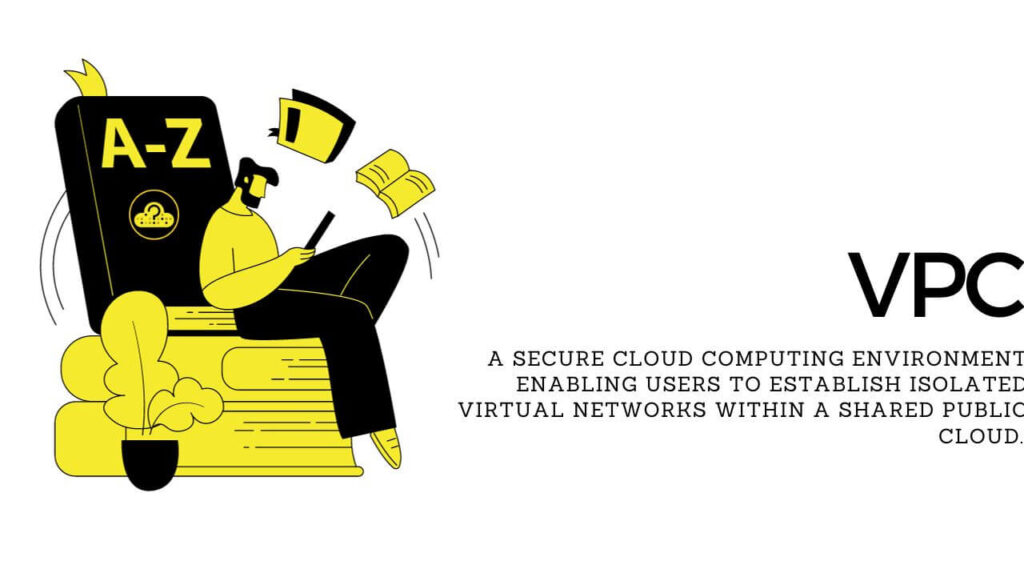What Is Virtual Private Cloud?
A Virtual Private Cloud (VPC) is a secure cloud computing environment enabling users to establish isolated virtual networks within a shared public cloud.
- Short Definition:
- A Virtual Private Cloud (VPC) is a cloud computing environment that allows users to create isolated and secure virtual networks within a shared public cloud infrastructure. It provides a dedicated and customizable space for organizations to deploy and manage their applications, ensuring enhanced security and control compared to traditional public cloud services.
- Extended Definition:
-
A Virtual Private Cloud (VPC) is an advanced cloud computing concept offering a secure and isolated virtualized network environment within a shared public cloud infrastructure. Unlike traditional public clouds, a VPC allows organizations to create customized and dedicated virtual networks, providing a heightened level of security and control. This isolation ensures that an organization’s resources and applications are shielded from other users on the same cloud platform.
VPCs often include features such as private IP addresses, subnets, and configurable security settings, empowering organizations to tailor the cloud environment to meet specific needs. This flexible and secure architecture makes Virtual Private Clouds a preferred choice for enterprises seeking a balance between the benefits of cloud computing and the necessity for robust security and customization.
- Enhanced Control:
Organizations have granular control over their network architecture, allowing them to design and implement solutions that align with their specific security and performance requirements. - Cost Efficiency:
VPCs contribute to cost efficiency by providing a pay-as-you-go model. Organizations pay for the resources they use, and the scalability ensures optimal resource utilization. - Flexibility in Resource Deployment:
With VPCs, organizations can deploy a variety of resources, including virtual machines, databases, and storage solutions. This flexibility supports diverse application requirements. - Global Reach:
Some cloud providers offer VPCs with a global reach, allowing organizations to deploy resources in different regions around the world. This supports global operations and improves user experience. - Compliance and Governance:
VPCs provide tools and features to help organizations comply with industry-specific regulations and internal governance policies. This is crucial for businesses operating in regulated industries. - Rapid Deployment:
VPCs enable rapid deployment of resources, reducing the time it takes to set up and configure networking components. This agility is particularly beneficial for dynamic and rapidly evolving business environments.

Benefits of Using VPC Technology
For more definitions, check out our dedicated Definitions List.







